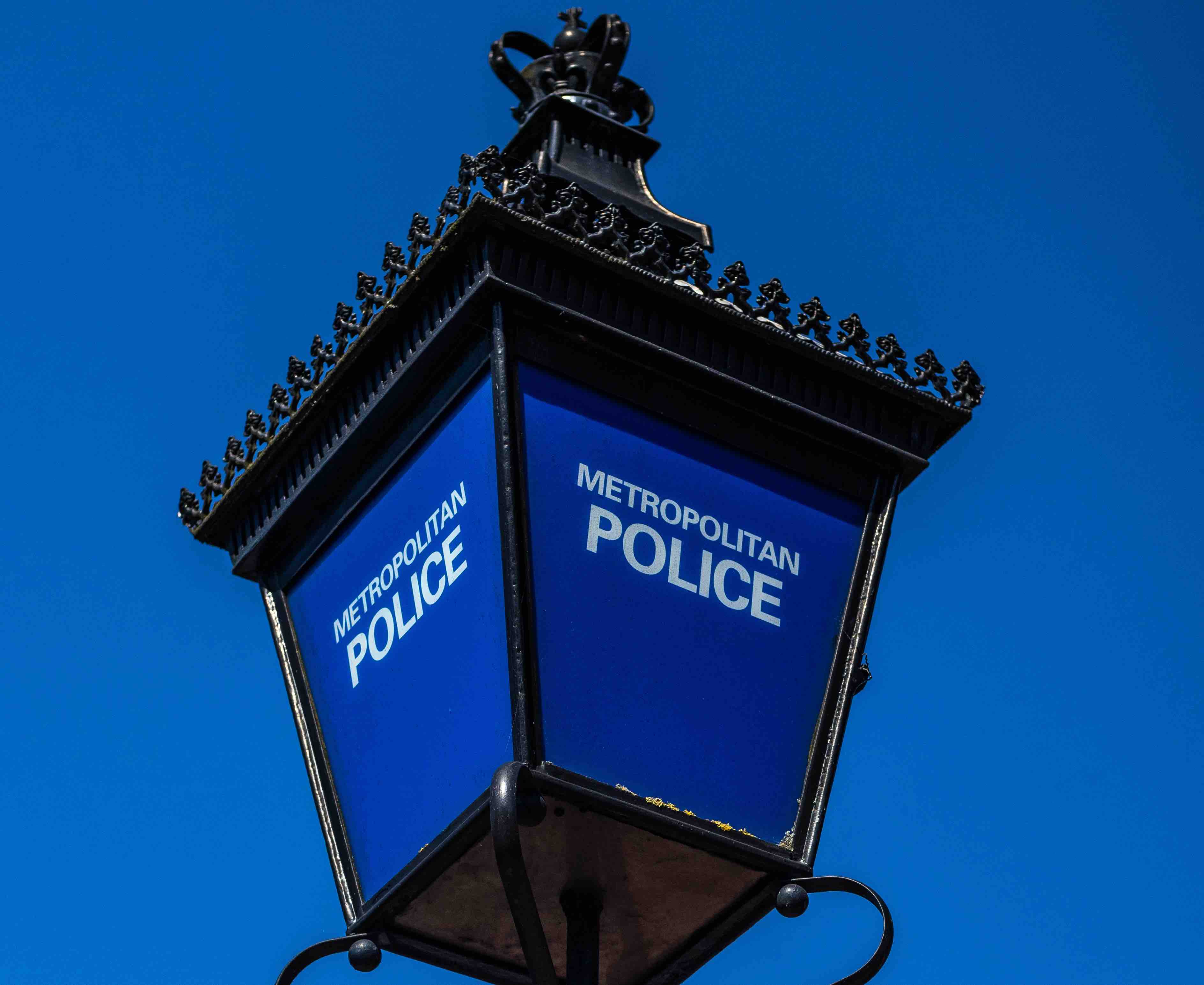Briefing on Martyn’s Law: The Terrorism (Protection of Premises) Bill


Introduction
The Terrorism (Protection of Premises) Bill, also known as Martyn’s Law, represents yet another expansion of the UK’s counter-terrorism apparatus, embedding the discriminatory logic of the War on Terror into the fabric of everyday life. Under the guise of protecting public safety, it entrenches surveillance, empowers the security industry and targets vulnerable Muslim communities already targeted by the state. By extending the state’s reach into mosques and community centres - already burdened by PREVENT - it normalises unfounded suspicion and fear of Muslims. This legislation profits from perpetuating anti-Muslim hysteria and legitimising Islamophobia, creating lucrative opportunities for the security industry while fostering public consent for an ever-expanding surveillance state. Far from ensuring safety, Martyn’s Law serves to institutionalise control, monetise fear and suppress dissent, undermining the very freedoms it purports to protect.
A Summary of the law
Purpose:
Martyn’s Law is designed to provide businesses and venues with resources and guidance aimed at enhancing their capacity to prevent and protect their customers from potential terrorist attacks. It is positioned as a response to heightened security concerns, following incidents where public spaces have been targeted.
Scope:
The law applies to venues with a significant public presence, dividing these locations into two categories based on capacity:
- Standard Duty Premises: Venues hosting between 200-799 people.
- Enhanced Duty Premises: Venues or events accommodating 800 or more people.
Requirements:
Standard duty premises are required to establish basic public protection procedures, such as developing a clear plan to manage risks associated with potential terror attacks.
Enhanced duty premises must go further, conducting detailed vulnerability assessments, adopting stronger protective measures, and implementing ongoing security monitoring practices.
Responsible Parties:
Individuals or entities in control of these premises bear the responsibility for implementing the required measures. In larger venues, the law mandates the appointment of a senior individual to oversee compliance and ensure the regulations are followed.
Regulation and Support:
The law establishes a regulatory framework, likely housed within the Security Industry Authority, to enforce compliance. This regulator will also provide guidance and support for those required to meet these new legal obligations.
Proportionality:
The legislation includes provisions for proportionality, emphasising that actions required under the law should be “reasonably practicable.” This is designed to reduce the burden on smaller venues and avoid imposing unnecessary financial or logistical strains.
Critique of Martyn’s Law
Martyn’s Law represents an expansion of the UK government’s already extensive counter-terrorism apparatus. Far from being a mere public safety measure, it paves the way for the extension of surveillance and securitisation, under the guise of protecting public venues from terrorist threats. While the law claims to offer guidance and support to businesses, its primary beneficiaries will be the UK’s burgeoning security industry. This sector, alongside private consultants and advisory firms, stand to gain financially from the fear that such legislation perpetuates. They will be tasked with providing the advice, risk assessments and services required by venues to comply with the law. The police will also benefit, capitalising on the security industry’s work, as their surveillance and increased involvement will become further entrenched in law.
This is another step towards widening the reach of the prejudiced and discriminatory logic of the War on Terror into domestic policies. This legislation marks another stage in the growing securitisation of everyday life, from mosques to public spaces. The law’s creation of a new regulatory body for counter-terrorism preparedness is also troubling. It extends the state’s surveillance capabilities into the private sector, normalising a security-state logic to all aspects of civil life. The law does not just apply to concert venues or football stadiums; it will also affect mosques and community centres; spaces already under the heavy burden of state scrutiny through PREVENT.
This invasive oversight will deepen the climate of fear and suspicion that Muslims in the UK already endure, and will push many communities to the margins, fearful of organising events or expressing dissent. The law’s emphasis on training staff in counter-terrorism awareness and its alignment with citizen counter-terrorism training courses indicates an attempt to manufacture public consent for an ever-expanding surveillance state. Martyn’s Law may outwardly claim to be about protection, but it is fundamentally about control. It serves to expand the security state, monetise fear, whip up hysteria and institutionalise Islamophobia, all under the guise of public safety.
Photo by Tadas Petrokas on Unsplash
Download Files








